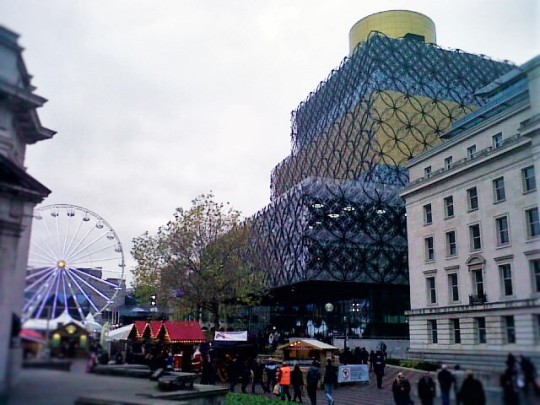Would you sing more if you knew how good it was for you?
As thing stand the unhealthiest thing about singing is our attitude to it. Gone are the days when families and friends would get together for a nice singalong. Now singers are other people! People who take to the stage, have tunes you can download or get through to the live finals of the voice.
We all love listening to our favourite artist warble through their back catalogue but is this passive approach the best way to enjoy singing? Not according to the latest research conducted by Harvard and Yale. After running tests on a group of choral singer they discovered that the singers had increased life expectancy. The report concluded that this was because singing promoted both a healthy heart and an enhanced mental state.
BE HAPPIER AND HEALTHIER
This is what Professor Graham Welch, chair of music education at the University of London, had to say on the matter.
"The Health benefits of singing are both physical and psychological. Singing has physical benefits because it is an aerobic activity that increases oxygenation in the blood stream and exercises the major muscle groups in the upper body, even when sitting. Singing has psychological benefits because of it's normally positive effect in reducing stress levels through the actions of the endocrine system which is linked to our sense of emotional wellbeing. Psychological benefits are also evident when people sing together as well as alone because of the increased sense of community, belonging and shared endeavour."
SINGING - AS GOOD AS CHOCOLATE
That right, enjoy all the benefits of scoffing down a load of chocolate without the calories. As the Heart research UK website puts it -'It's a great way to keep in shape because you are exercising your heart and lungs. Not only that your body produces feel-good hormones - endorphins - that rush around your body when you sing. It's the same as when you eat chocolate. The good news is you don't gain any calories!'
Now, I sure you won't throw away your membership to chocoholics Anonymous just yet, but you might just find yourself cutting back on the creme eggs next easter once you tried a bit of singing. It's the best way to enjoy a healthier, happier and more confident you.
So remember, when done correctly singing will:
- Enhance your mood
- Boost your immune system
- Tone your muscles
- Sharpen you mentally
- Increase your life expectancy
- Improve your posture
- Exercise your heart and lungs
- Help your breathing
I've witnessed the boom in people turning to singing for the sake of their physical and mental wellbeing. It's the reason I put together the Love Singing Programme. I've had mums come to me to help them feel confident when singing to their children and people recovering from illness. There's been a few tears as they've unlocked deeply held traumas but they've come out feeling renewed.
In : Voice Works


